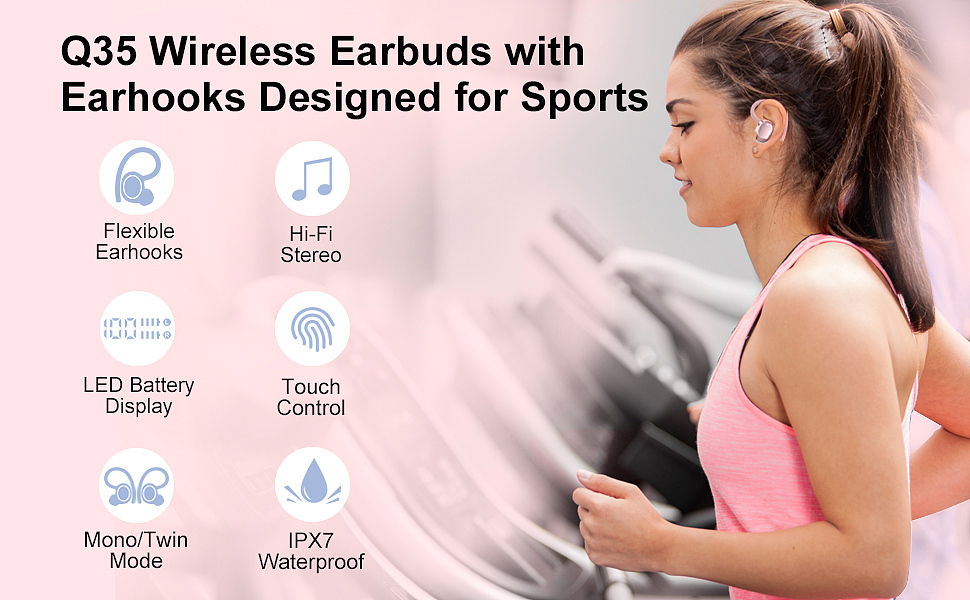How to Overcome Cooking Anxiety and Become a More Confident Cook
Update on Oct. 21, 2025, 6:31 p.m.
It’s Thanksgiving morning. The turkey, a symbol of festive celebration, sits on your counter like an unsolved mystery. You have a recipe, you have a plan, but a knot of anxiety is tightening in your stomach. Your guests will be here in a few hours, and their expectations rest on your shoulders. Will the turkey be juicy and perfectly cooked, or a dry, disappointing centerpiece? Will you be remembered as a culinary hero or a cautionary tale?
If this feeling is familiar, you are not alone. It’s called cooking anxiety, and it’s an incredibly common experience. It’s the fear of failure, the pressure of being judged, and the stress of managing a complex process with an uncertain outcome. But what if the problem isn’t your skill? What if the problem is a lack of information?

The Root of Anxiety: The Information Black Hole
Cooking, especially for others, is stressful for one primary reason: for most of the process, you are flying blind. You put your food in the oven or on the grill, and it enters an information black hole. You can’t see what’s happening inside. Is it cooking too fast? Too slow? Is it approaching doneness or is it still raw in the middle?
This uncertainty forces you into a state of constant, low-grade panic. You poke, you prod, you guess. Every decision is based on a gut feeling, and this “decision fatigue” is mentally exhausting. The fear of that one, final moment of truth—when you cut into the meat and reveal the result—hangs over the entire experience, robbing it of its joy.
Turning on the Light: How Data Provides Certainty
How do we fight an enemy we can’t see? We turn on the lights. And in the modern kitchen, light comes in the form of data.
A smart meat thermometer does something revolutionary: it makes the invisible visible. By placing a probe in your food, you are installing a direct line of sight into that black hole. Suddenly, the chaotic, unknowable process becomes a clear, simple number on a screen.
This single data point—the real-time internal temperature—is the most powerful antidote to uncertainty. It replaces guesswork with facts. The question is no longer “I think it might be done.” The statement becomes “I know it will be done in 10 minutes.” This shift from subjective guessing to objective knowledge is the first step in dismantling cooking anxiety.
From Anxious Supervisor to Relaxed Creator
This is where features like the Smart App Alerts on a device like the GrillBliss thermometer change the game entirely. When you can set a target temperature on your phone, the tool’s role fundamentally shifts. It is no longer a passive device you must constantly check. It becomes your active, vigilant assistant.
You are freed from the role of anxious supervisor, peering through the oven door. You can now walk away. You can trust that your phone will buzz at the precise moment your attention is needed. This frees up your mental energy to focus on the creative aspects of cooking: perfecting a sauce, talking to your guests, or simply enjoying a glass of wine. The tool handles the tedious, stressful job of monitoring, allowing you to re-engage with the art and joy of cooking.

The True Value of Data: Building a Cycle of Confidence
This shift from active anxiety to passive awareness is profound. But the true gift of a data-driven approach isn’t just a single perfectly cooked meal. It’s what happens after dozens of them.
Every time you rely on the data and it leads to a perfect result, you are building a positive feedback loop. * Success #1: The roast chicken was perfect. Maybe I can do this. * Success #5: The pork loin was juicy and delicious. Okay, I’m getting the hang of this. * Success #20: The Thanksgiving turkey was flawless. I am a good cook.
The data acts as a safety net, giving you the courage to try new things. And each success, guided by that data, doesn’t just build your skills; it builds your confidence. Over time, you begin to internalize the process. You develop a feel for it. The tool that started as a crutch becomes a coach, and eventually, its lessons become part of your own intuition.
The ultimate goal isn’t to be dependent on a gadget. It’s to use that gadget to build a foundation of success so solid that you no longer fear failure. The data isn’t the destination; it’s the reliable path that leads you to becoming the confident, joyful cook you always wanted to be.










